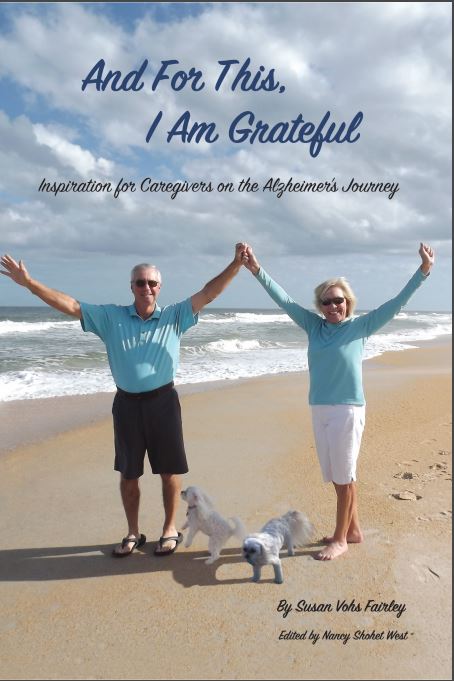Maybe you believe you’ve already heard all your parents’ or grandparents’ stories. Maybe you know all about them: where they come from, whether their childhoods were fun-filled or difficult, whom they loved, who loved them, what ground – literal and metaphorical – they have covered in the years since.
Or, to pose the fundamental question that I use when I do memoir anthologies with nursing home residents, what were the formative experiences, events or circumstances that made them who they are today?
Maybe they’ve already told you all about their lives – at other holiday gatherings, or in settings so informal throughout the years that you can’t even remember when you heard this story or that story. But could you retell the details of their stories to your own children or grandchildren? Could you explain the connections, nail the chronology, put the pieces together so that it made sense even when told secondhand?
If these questions compel you to grudgingly admit that maybe you haven’t listened to or retained the stories of your elders quite as well as you might wish, there’s no need to feel bad about it. As I often tell my clients, it’s hard to put stories in order, to provide all the context. People may lack the time or patience, whether to tell these stories or to listen to them. Or to remember them.
If you are not sure you could answer the fundamental question of what were your elders’ most formative experiences, or if you simply can’t remember some of the details along the way – what happened to their own parents, when did they make that trip overseas, what was the long-ago job through which they met their spouse – it may be time to capture the stories more formally. A family memoir is a chance for your older relatives or other loved ones to see their story commemorated on paper, with all the details they wish to share and with photos as well. In the end, in place of semi-remembered anecdotes, they’ll have a book to hold in their hands – a compiled story of just what happened when. Of what indeed it was that made them the person they are today. And you’ll have that book too.
There are many ways to get this done. An elder person may choose to sit down and write their story out themselves. Or they may want to work with a professional memoirist or personal historian like me, experienced in asking the right questions to tease out all the right details. Some of my clients do a combination: they start by writing out some stories from their lives themselves, and then ask me for help filling in the gaps and missing details.
Can you think of someone in your family who would like to do a memoir project? Thanksgiving and the other upcoming holidays are the perfect time to consider a project like this. I am always delighted for the opportunity to talk about memoirs. Please be in touch at any time if you’d like to talk about a possible project for yourself or for someone in your family or circle of friends.

 RSS Feed
RSS Feed